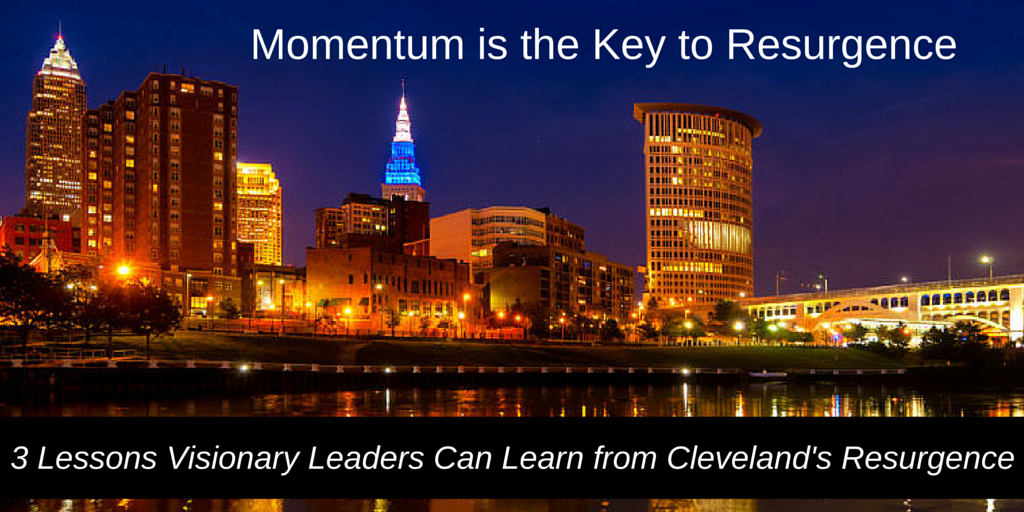
10 Leadership Skills Inherent in Missional Leadership
Leadership essentials…discipleship essentials. What’s the relationship?
You can lead and never actually make disciples. But, you can never make disciples and not lead.
“Why didn’t we learn this stuff you are teaching us in our church when we were kids?”
Youth Week 2016-Camp Okoboji
The question was so honest, so raw. A teenager, learning to listen, to build conversations, to be curious…all in an effort to be an everyday missionary every day. His excitement over what he was learning quickly turned to a regret. Why didn’t someone teach him this earlier?
With all the focus on leadership in the church we have not been gaining Kingdom ground. We don’t have a leadership void in the church today, we have a discipleship void. The issues facing the church in America will not be settled by more advanced leadership training, or better run organizations, but by a dynamic movement of the Spirit as more and more people follow Jesus. How will we get there?
By focusing on discipleship…leadership skills are “in there.”
As an emerging leader you can receive advanced leadership training in the church and not actually make disciples. But, you can’t make disciples and not be growing in your advanced leadership skills.
You can lead and never actually make disciples. But, you can never make disciples and not lead.
I think we may have missed the point. Jesus never called us to leadership. He called us to follow Him. The promise? “I will make you fishers of men.” Mark 1:17 And, as you fish for men, others will follow. That’s leadership.
We don’t strive to learn leadership skills and build our leadership acumen so that we can run a “tighter ship” or more efficient organization. We grow as leaders so that we can make disciples. We invest time and energy into our craft as leaders so that we might join in the movement of God and see more and more people move from darkness to light to the glory of God and the benefit of the world.
When we focus on discipleship as first priority, leadership skills are caught. Leadership essentials are discovered and lived out as we follow Jesus and join Him in making disciples. Leadership development and missional leadership are not at odds with each other. Missional leadership demands the artful application of basic leadership skills. Here’s a quick list of 10 basic leadership skills that have emerged in my own ministry over the years. And, by the way, am still learning them today as I follow Jesus:
10 Basic Leadership Skills Inherent in Missional Leadership
The Art of Following
How do you follow Jesus in this changing climate, and what are you learning from Him?
The Art of Obeying
Are you following through on what God is asking of you and allowing someone to hold you accountable?
The Art of Invitation
Who are you inviting to follow you as you follow Jesus?
The Art of Imitation
With whom are you “dwelling” so that they can see how you follow Jesus?
The Art of Fractal
Have you boiled down what you want replicated to the simplest, most basic form?
The Art of Replication
Do you have apprentices at every level of participation in your ministry?
The Art of Release
Are you controlling or freely sending others?
The Art of Focused-Support
Are you giving mandates and directive measures to those you lead, or are you helping them discover and own their own calling?
The Art of Vision Clarity
Can you answer with clarity the 5 core questions of visionary leadership for your missional context?
What are we doing?
Why are we doing it?
How are we doing it?
When are we successful?
Where is God leading us?
The Art of Execution
What are you doing every day to integrate those answers into the fabric of your ministry?
What missional leadership essentials would you add to the list?
Learn more about cultivating a leader-soaked ministry.

Tags: Discipleship, Jeff Meyer, Leadership Skills






















